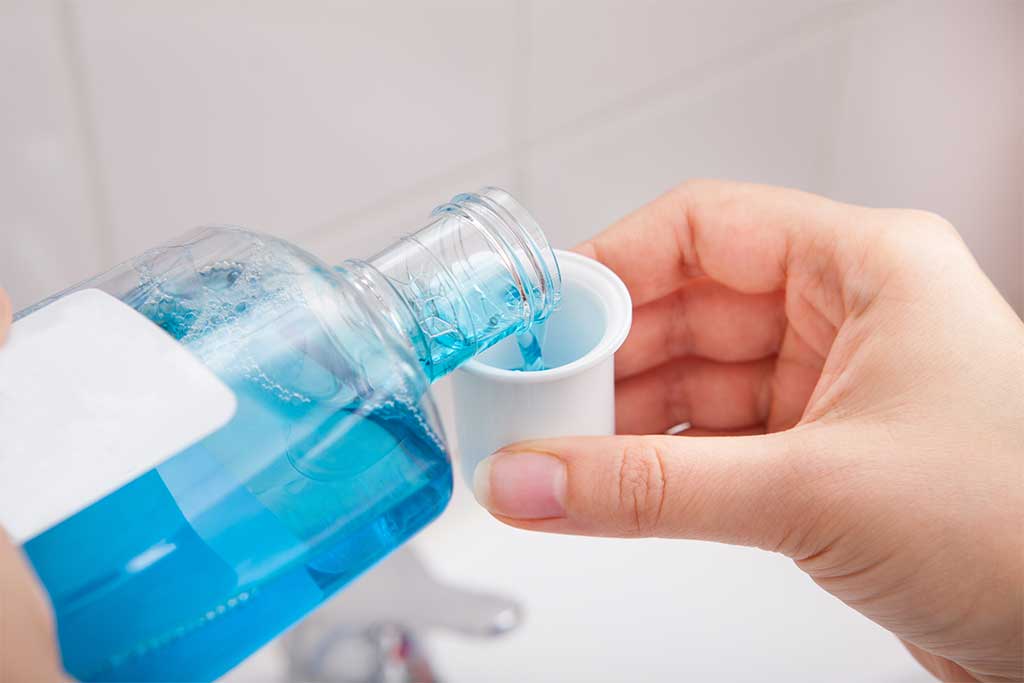
Xerostomia is a subjective feeling of a dry mouth associated with dysfunction of the salivary glands that affects around 10% of the general population. The salivary glands are located around the mouth and throat. These glands normally produce 1-1.5L of saliva each day. The protective role of saliva includes keeping the mouth moist at all times, lubrication during the chewing process, and prevention of tooth decay and other gum diseases. Saliva also helps with the formation of sounds in speech.
Xerostomia is a symptom of an underlying problem rather than a disease in itself. Approximately 70% of the patients have a systemic cause.
Primary xerostomia is caused by:
- Salivary gland atrophy due to ageing. Approximately 25% of older adults have a dry mouth symptom;
- Salivary gland infections. For example, mumps can cause gland inflammation and disrupt the saliva flow; and
- Autoimmune salivary gland disease. For example, Sjögren’s syndrome is an autoimmune disease that causes dry eyes, dry mouth and arthritis.
Secondary xerostomia can be caused by:
- Mouth breathing. For example, sinusitis causing a blocked nose or women going through hormonal changes during pregnancy or menopause;
- There are many medications that can cause dry mouth. These drugs include antidepressants (especially tricyclic agents), diuretics, anticholinergics, tranquilisers, antihistamines, antiemetics, antihypertensives, some antimigraine drugs, anti-parkinson drugs, lithium, and opioids. Illegal drugs such as cocaine are also known to cause dry mouth;
- Depression and anxiety. For example, giving a speech in public;
- Dehydration, which can be simply due to drinking little fluid or related to a medical condition such as diabetes, diarrhoea or kidney failure;
- Anaemia due to iron, folate and vitamin B12 deficiency; and
- Cancer treatment such as chemotherapy or radiotherapy at the head or neck disrupts the functions of salivary glands to produce saliva.
The consequences of xerostomia can lead to reduced saliva flow which may affect speech, cause difficulty in swallowing food, and increase the risk of tooth decay, mouth ulcers, and infections such as oral thrush (Candida albicans). Patients can also find it difficult to attach dentures to the gum.
Symptoms of dry mouth include a decrease in taste, bad breath, having a rough and dry tongue, and a burning sensation on the tongue.
Treatment of dry mouth must include finding the cause which should be treated as early as possible. If medications are the cause of the dry mouth, a review of drug therapy is necessary. Saliva substitutes such as Aquae® or dry mouth products such as Biotene® may be used. These products come in a range of forms including toothpaste, oral spray, topical gels, and mouthwash.
Patient education should include dietary information and promotion of good oral hygiene. Regular dental check-ups should be encouraged. Patients should also be advised to avoid taking certain medications such as decongestants and antihistamines as well as avoiding alcohol, caffeine, and tobacco smoking which can increase mouth dryness.
Other strategies to consider include:
- Chew sugarless gum to stimulate the saliva flow;
- Sip sugarless fluids frequently to keep the oral membrane moist;
- Use sodium fluoride 0.5% mouthwash for 5 minutes every day; and
- Use a topical application of moisturiser to lips.
References:
- Murtagh J, Rosenblatt J. Murtagh’s General Practice. 5th edition. McGraw-Hill Education; 2011.
Subscribe Knowledge Centre Updates
Enter your details to receive Knowledge Centre updates
